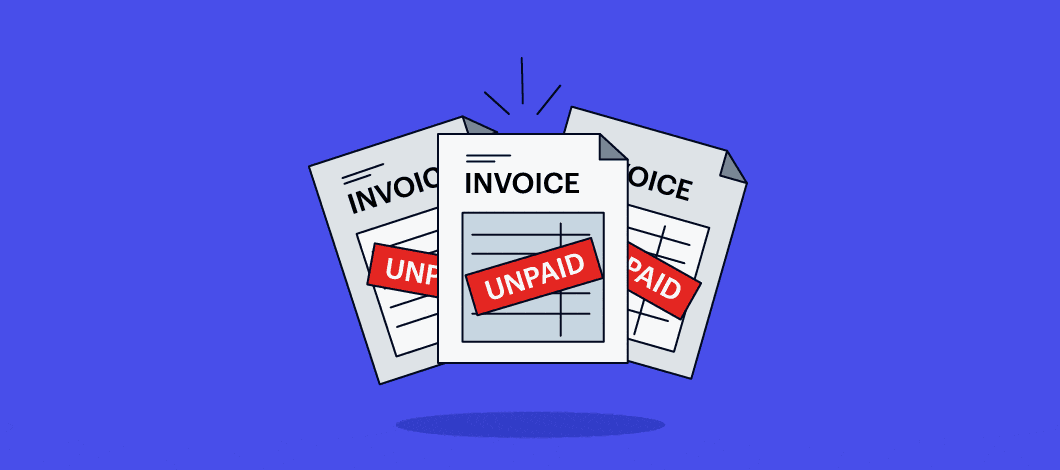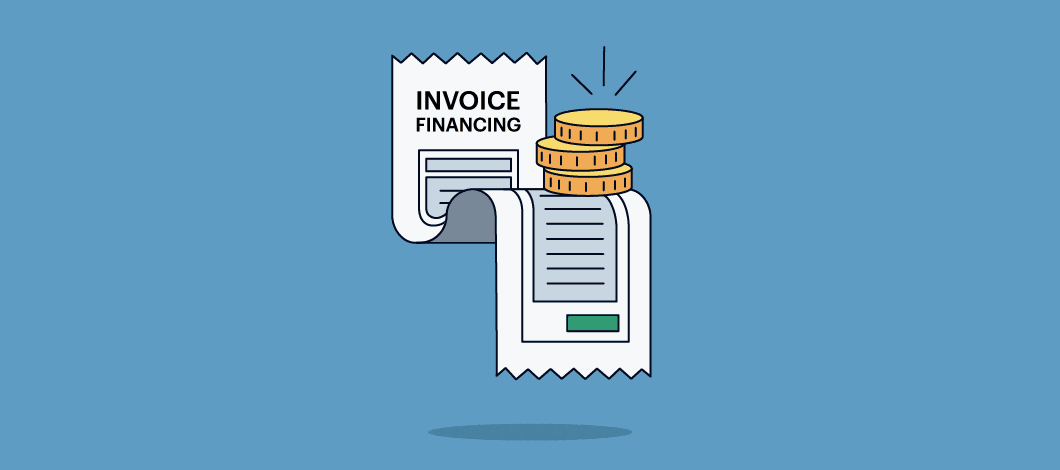Invoice financing falls under the umbrella term of accounts receivable financing, which also includes invoice factoring and discounting. It’s a form of alternative short-term financing for business-to-business (B2B) companies, and it’s a multibillion-dollar industry in the U.S. alone.
How do you know if invoice financing is a good solution for your business? Here are the benefits and drawbacks of this type of funding product.
Advantages of Invoice Financing
A type of asset-based lending solution, invoice financing offers several advantages for B2B companies. Here are a few.
Near-Immediate Funding
Don’t have the funds on hand to cover short-term operating expenses, such as paying suppliers, staff or your building landlord, and need capital fast? If so, invoice financing is one of the quickest funding types available. In some cases, once you apply, you could receive your advance within a day of approval.
Easier to Qualify
Invoice financing is typically easier to qualify for when compared to conventional business loans. This is because the quality of your invoices is more of a consideration than your credit score. As a result, this can be a great solution for business owners with less-than-stellar credit and minimal time in business. Additionally, because your invoices serve as collateral for your advance, a financing provider’s risk is relatively low.
Helps Boost Cash Flow
A study by global credit insurance company Euler Hermes found that the number of days it took for companies to convert their accounts receivable into cash, known as days sales outstanding, stood at 65 days in 2018.
When you’re waiting on customers to pay you, the lag time between when you issue an invoice to the time your payment comes in can diminish your cash flow. This, in turn, can have an impact on your operations. Invoice financing allows you to get access to capital to bridge the gap.
Continuous Availability of Capital
Along the same lines, if your business maintains a bevy of quality invoices that you can offer up to financing providers, you’ll likely have available capital at your fingertips, ready to be accessed when needed.
Fits Certain Industries Well
Invoice financing is beneficial in industries where funds are needed up front to start working on a client order, such as to purchase necessary materials or lease a new piece of equipment.
Industries in which this type of funding proves helpful include the following:
- Construction
- Distribution
- Energy
- Metals
- Transportation
- Manufacturing
- Wholesale trade
- Services

Disadvantages of Invoice Financing
While invoice financing can help you manage temporary cash shortages and you can access funds quickly, there are some drawbacks. These are a few aspects to keep in mind.
Costly
Compared to conventional business loans, invoice financing can be a costlier way to access capital for your business. In addition to a one-time processing fee (e.g., 1%-5%), you’ll also be charged a factor rate (e.g., 1.02), usually weekly, until your invoice or advance is repaid. Keep in mind, invoice factoring typically has higher fees than invoice financing.
Financing Limited to Invoice Balances
Unlike a conventional loan, with invoice financing, the funding you’re eligible for is based on the outstanding invoice value you’re offering as collateral. That means the amount of capital you can access cannot exceed that. This could be challenging if you need more money to keep business running smoothly.
Potential for Holdbacks
In some instances, your accounts receivable provider may keep a portion of your invoice funds until your invoice is paid in full, known as a holdback or reserve.
Holdbacks are a way for financing companies to avoid any potential loss of payment, such as due to chargebacks for damaged products.
It would work like this: If you’re given 80% of your invoice value, your holdback would be the remaining 20%, to be rebated to you minus any fees once the invoice is paid.
Potential for Liability If Invoices Go Unpaid
While you may have an invoice due in 30, 60 or 90 days, your customer may be late in paying. Because you lack control over when your customer pays your invoice, you could be liable. What’s more, your total repayment amount could increase if you cannot pay back your advance within the repayment period.
Could Be Perceived Negatively By Customers
In many invoice financing scenarios, you remain responsible for ensuring your clients pay their invoices. In other cases, the lender may take over collections and contact your customers directly for payment. While invoice financing is becoming more common, you may not want your clients to know you leveraged their invoices to obtain financing.
Is Invoice Financing Right for Your Business?
Only 6% of small business firms applied for factoring or another form of financing that wasn’t a loan, line of credit or merchant cash advance, according to a recent Federal Reserve report. Additionally, the invoice discounting market is expected to decline nearly 2% in 2021, according to IBISWorld, as financing options proliferate and lender credit requirements loosen.
That said, if you’re a B2B company in need of a short-term funding solution, invoice financing could be a good fit for your business. That’s particularly true if you’ve been turned down for a bank loan, Small Business Administration loan or credit line.
Use the capital from invoice financing to cover operating expenses while you wait for customer payments to come in. Or use invoice financing to pay for an emergency expense or invest in a growth opportunity while you’re waiting for your accounts receivable to come due.
When considering invoice financing, be sure to think about your business’s immediate financial needs and the ability of your customers to provide timely payment. Also, be clear on the details of any invoice finance agreement before signing, including how the lender will be compensated as well as the amount due to them, the timing of payments, responsibility of the parties and other important terms of the financing agreement.











